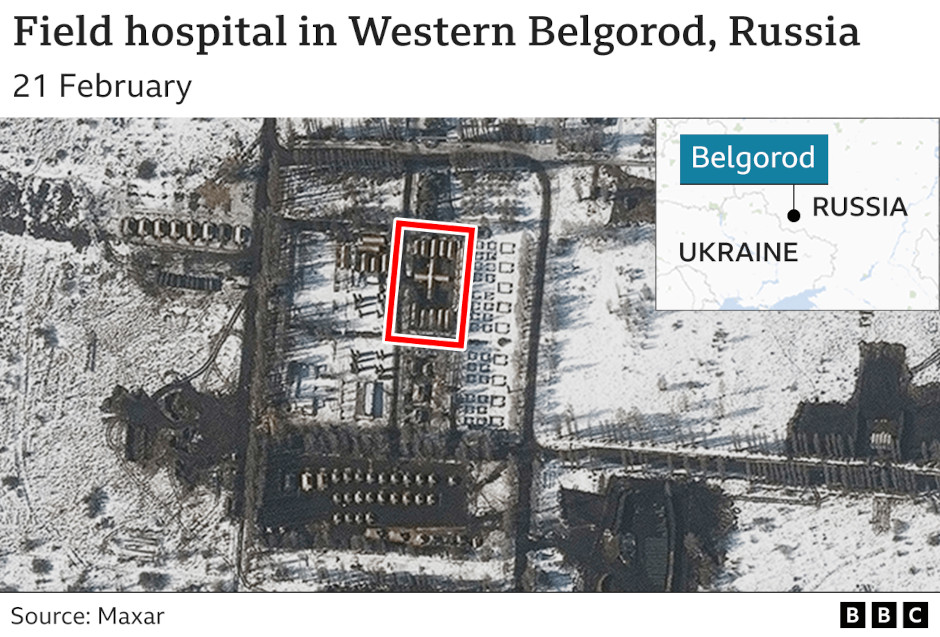Idea - OSINT organization
I had this thought in the early days of the Ukraine War, and want to record it here. I was reflecting at the time on how so many people were taken by surprise at the invasion. They should not have been. And actually, Western governments (notably UK and US?) put good information and warnings out there. In fact, the sharing of intelligence with the public in the lead-up was something which, all things considered, was done well.
As we look at many other potential conflicts, hotspots and crisis areas, maybe we need more pre-sharing of intelligence? China-Taiwan/Japan, North Korea, Armenia-Azerbaijan, Serbia-Kosovo... But carefully of course.
Western governments should set up dedicated information and analysis units using open source intelligence (OSINT) and commercially sourced imagery to monitor and record 'areas of interest'. This is to win the information war with facts.

An example of the valuable and insightful OSINT being shared in the lead-up to the Ukraine Invasion. More of this please. Maxar / BBC.
To clarify, militaries and governments do use OSINT, to varying degrees. But this idea is different. This would be set up to disseminate information to the public and media. That's something which is inherently weak if it is within the intelligence community. And for good reason, secrets are only secrets if you keep them.
So the new organizations would be civilian. They would be partitioned off from military intelligence and not have any access to classified material. Permitted data sources would also be chosen to avoid compromising less well known OSINT sources. The result would be information which can be shared directly with the government, at all levels, the media and public.
The new organization(s) would be built around transparency and analysis. It must never get involved in the less savory aspects of "information warfare", lest its information becomes tainted.

The use of OSINT to inform public debate around conflicts needs to be credible, consistent and professionally organized.
When a new crisis occurs, their back-catalogue of published reports and snippets would better inform the media.
The organization's reports must not compromise political or military options, or operations. This is a difficult balance and partly why intelligence is so rarely shared. But relying on specific OSINT and limited other sources, helps mitigate these risks.
Such organizations would be clearly governed and have rules of their road. It could be invaluable during conflict, but maybe even more valuable in peacetime. Such a capability would need to be permanent. Reacting in times of tension is too slow.


